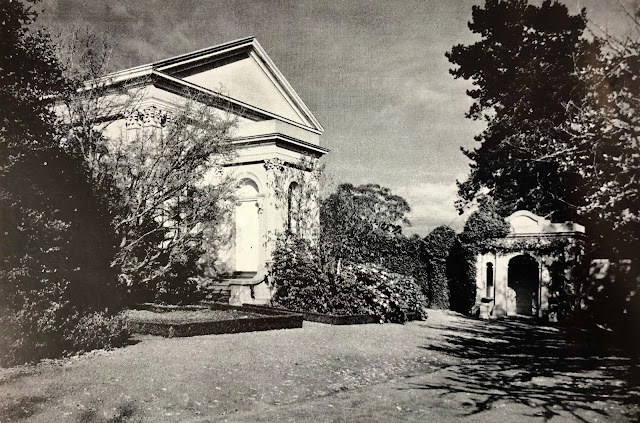The Lutheran Church of Australia is the major Lutheran denomination in Australia and New Zealand. It has 450 congregations and 70,000 members according to official statistics as of 2013. The first Lutherans to come to Australia in significant numbers were the immigrants from Prussia, who arrived in 1838 following the persecution of "Old Lutherans" who refused to join the Prussian Union, under King Frederick Wilhelm. Some 20,000 German Lutherans migrated to South Australia between 1838 and 1860. Tasmanian Lutheran communities were established from the late 1940’s following migration to the State after the Second World War. There are four Lutheran congregations in Tasmania.
In the early fifties, services were conducted once a month, in German and English. Early services were held in private homes and later services were moved to St Andrew’s Presbyterian Church and then the side chapel at St John’s Anglican Church. Ten years after the Launceston congregation was formed, Pastor R Thiele was appointed as the first Lutheran minister for Northern Tasmania. The first church (now the hall adjacent to the current church) was a converted workshop/garage. The congregation purchased the land alongside the garage and this later became the site of the existing church. The new building was opened in 1972. After 1965 the name of the congregation was changed from ‘St John’s’ to the Bethlehem Lutheran Church.
 |
| Photograph: Duncan Grant 2018 |
 |
| Photograph: Duncan Grant 2018 |
 |
| Photograph: Duncan Grant 2018 |
 |
| The original church, a converted garage, can be seen on the left of the photograph, behind the new church. Photograph: Duncan Grant 2018 |
Sources:
https://northtaslutheran.org.au/2016/08/04/bethlehem-lutheran-church-launceston/
https://www.lca.org.au/about-us/our-history/







What a great example of Modernism in Launceston
ReplyDelete